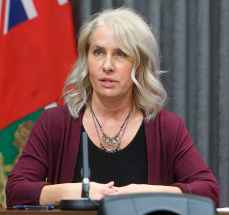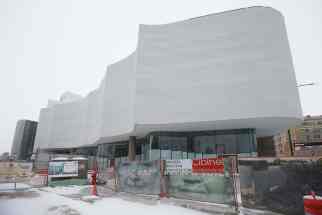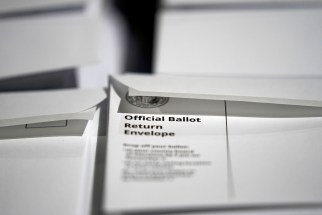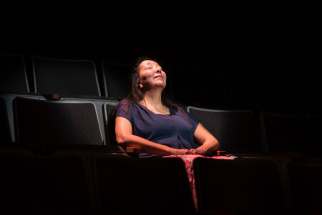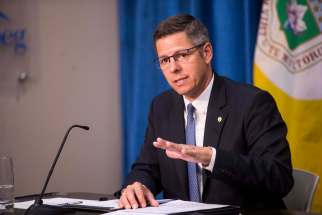‘Last stand of democracy’ U.S. voters in Winnipeg wait as election night looms
Read this article for free:
or
Already have an account? Log in here »
To continue reading, please subscribe:
Monthly Digital Subscription
$0 for the first 4 weeks*
- Enjoy unlimited reading on winnipegfreepress.com
- Read the E-Edition, our digital replica newspaper
- Access News Break, our award-winning app
- Play interactive puzzles
*No charge for 4 weeks then price increases to the regular rate of $19.00 plus GST every four weeks. Offer available to new and qualified returning subscribers only. Cancel any time.
Monthly Digital Subscription
$4.75/week*
- Enjoy unlimited reading on winnipegfreepress.com
- Read the E-Edition, our digital replica newspaper
- Access News Break, our award-winning app
- Play interactive puzzles
*Billed as $19 plus GST every four weeks. Cancel any time.
To continue reading, please subscribe:
Add Free Press access to your Brandon Sun subscription for only an additional
$1 for the first 4 weeks*
*Your next subscription payment will increase by $1.00 and you will be charged $16.99 plus GST for four weeks. After four weeks, your payment will increase to $23.99 plus GST every four weeks.
Read unlimited articles for free today:
or
Already have an account? Log in here »
Hey there, time traveller!
This article was published 28/10/2020 (1873 days ago), so information in it may no longer be current.
David Turner hosted a party at his Winnipeg home the night of the 2016 U.S. election.
It was lighthearted, at first, but the dual citizen — who is from California but grew up in Canada, and settled in Winnipeg seven years ago — slowly felt that spirit fade as the night went on.
By the time it became apparent Republican candidate Donald Trump would become the next president of the United States, his friends and family — a progressive group overall, Turner says — were hugging each other and crying.
“It turned out to be the worst party ever,” he said in an interview this week.
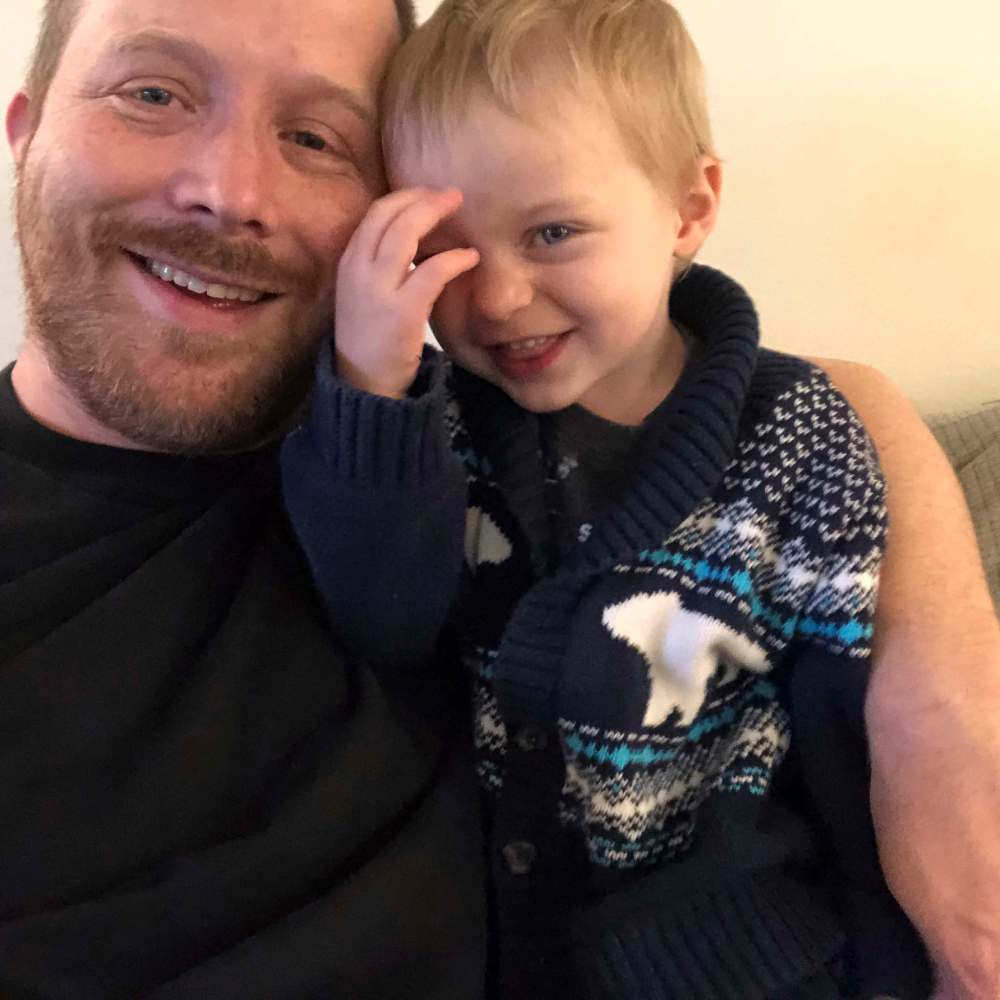
Americans living in Winnipeg are feeling a similar sense of urgency toward the Nov. 3 U.S. vote.
Turner and his partner, who is also from California, aren’t excited to vote for Democratic challenger Joe Biden, but Turner said voting — and voting blue — was a “no-brainer.”
“(California is) one of the bluest states on the map, but I think we wouldn’t be able to live with ourselves if we hadn’t voted in this election,” the 36-year-old said.
His family in the U.S. has suffered and lost jobs in the midst of the COVID-19 pandemic, Turner said — and the current government’s response only strengthens their choice.
Turner plans to print out the ballot emailed to him and fax it in this weekend — a voting method par for the course, according to a spokesperson for the U.S. consulate in Winnipeg. Absentee ballots can also be sent through mail or electronically.
“(California is) one of the bluest states on the map, but I think we wouldn’t be able to live with ourselves if we hadn’t voted in this election.” – David Turner
While there’s nothing yet set, the communications professional is considering putting together a Zoom gathering on election night.
“It sounds dramatic, but it feels like the last stand of democracy in the United States,” he said.
Such sentiment rings true with Peggy Glassco, who had never voted before the 2016 U.S. election.
A business owner originally from Indiana, Glassco moved to Winnipeg in 1984. She was motivated to vote four years ago because of “the whole Trump factor.”
“I think I felt the need then — I really wanted (Democrat) Hillary (Clinton) to win at that point, I just felt really strongly to vote. But after the last four years, I think it’s really urgent that every person that can go makes that happen,” she said this week.
“Because I think that’s what happened in 2016: people did not vote.”
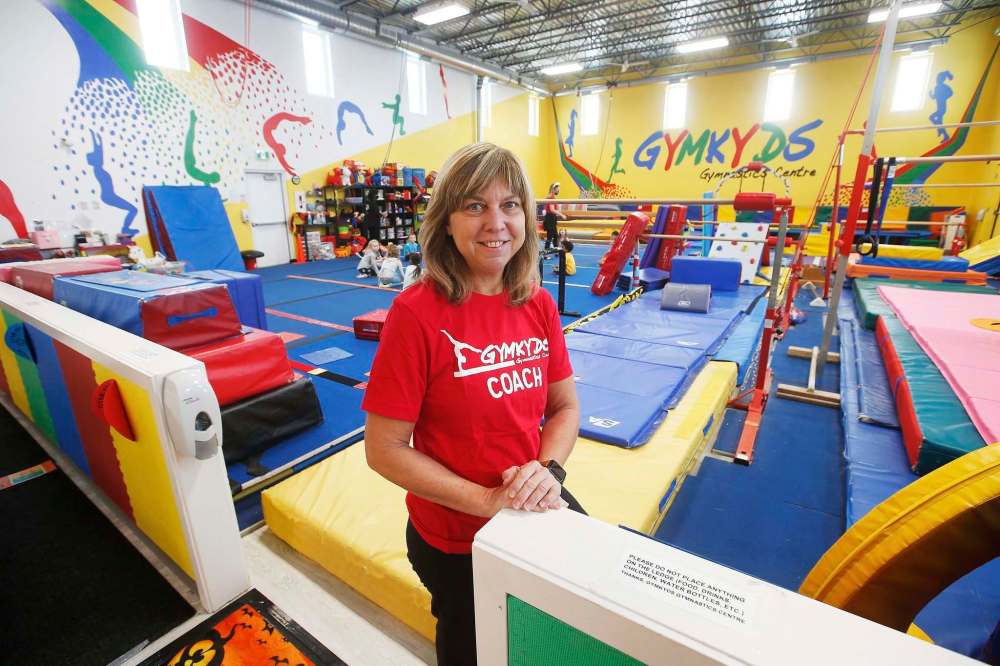
Her family is split politically, Glassco said: her father and younger brother, both in Indiana, are a Republican voter regardless of the candidate and a proud Trump supporter, respectively; her mother, who also lives in Winnipeg, is a fellow Democrat.
“(Indiana) was always home and it always felt like home, but what I’ve watched over the last few years of what’s going on, it just breaks my heart, it’s really hard. It’s really hard,” she said.
Glassco, 55, said she will likely follow the Nov. 3 proceedings on social media. Her vote has been cast: she took a photo of her ballot and sent it via email.
She comes from a small town in Indiana, widely a Republican stronghold, where family back home has sent her photos of pro-Trump parades in the streets.
“My younger brother, the forever Trumper, said: ‘It doesn’t matter what you vote anyway’… He’s probably right, but I still felt I needed to do my part,” she said. “And if everyone did their part, it’d be a closer race.”
“(Indiana) was always home and it always felt like home, but what I’ve watched over the last few years of what’s going on, it just breaks my heart, it’s really hard. It’s really hard.” – Peggy Glassco
Chris Taylor, originally from Georgia, tries to do his part: since moving to Canada, he has voted in three presidential elections, and “two or three” primaries.
However, he said taking part in this year’s vote has been different.
“There’s not been an election in my lifetime that is more important than this one,” the Winnipeg resident and business owner said this week.
The bureau of elections in Georgia sent Taylor an absentee ballot via email, and he had already mailed it back.
The system is not without its flaws, however, Taylor said: mail can be slow. He paid extra for express mailing and is tracking the ballot’s shipping. (States have differing deadlines for receiving such ballots; Georgia will only count those received by Nov. 3, at 7 p.m. local time.)
“I’m terrified of what’s going on in the U.S.,” said Taylor, 34. “Voting this year, my thought process is this may be the last time there’s anything approaching a fair election in the U.S., so I wanted to make sure my vote got in.”
“I’m terrified of what’s going on in the U.S. Voting this year, my thought process is this may be the last time there’s anything approaching a fair election in the U.S., so I wanted to make sure my vote got in.” – Chris Taylor
Georgia traditionally leans red, but Taylor believes this is only because of the state’s government efforts to keep it so.
The county he voted in for the 2016 election had in-person wait times more than six hours long, and some polling stations lost power, Taylor said. It would be more of a toss-up state if everyone was “able to vote as they should be.”
“It’s always felt like my vote doesn’t mean a whole lot, but it still seems worth it to me to try. At the very least, I can say I voted against that thing that I disagree with,” he said. “Maybe it’ll help.”
Pandemic restrictions aside, it would not be a time for gathering with others on election night, Taylor said. The stress of the implications of the result, mixed with the fact final numbers may not be made available that night, means he will be following the event alone.
“It’s probably not a good use of my time or mental capacity to handle the anxiety of the election,” he said. “Because it feels like a very important election.”
malak.abas@freepress.mb.ca
Twitter: malakabas_

Our newsroom depends on a growing audience of readers to power our journalism. If you are not a paid reader, please consider becoming a subscriber.
Our newsroom depends on its audience of readers to power our journalism. Thank you for your support.
History
Updated on Wednesday, October 28, 2020 7:08 PM CDT: Fixes photo caption
Updated on Thursday, October 29, 2020 8:22 AM CDT: Adds photo
Updated on Thursday, October 29, 2020 8:55 AM CDT: Corrects attribution of remarks to Taylor in final two paragraphs


